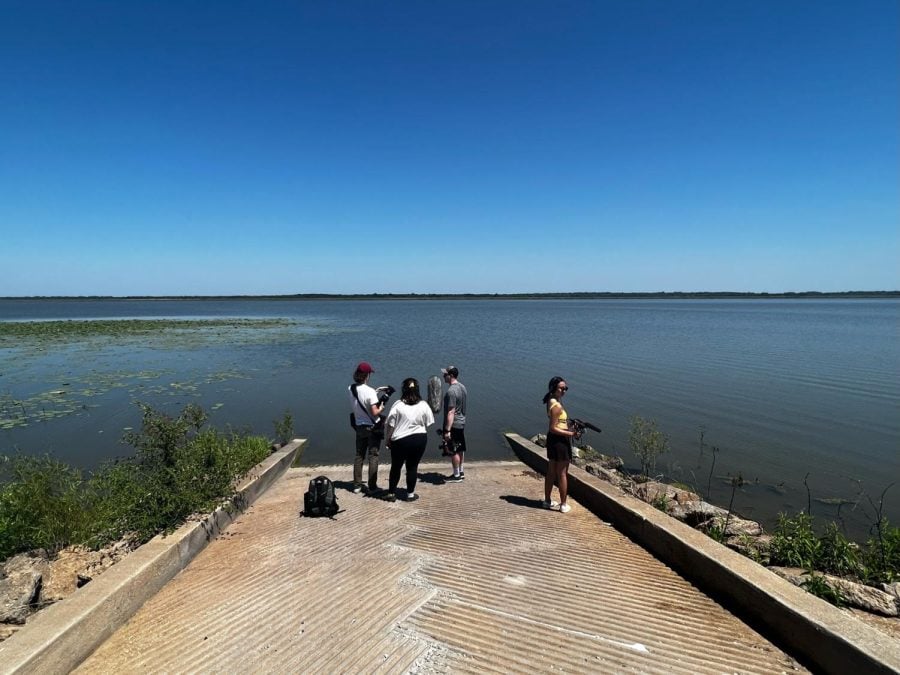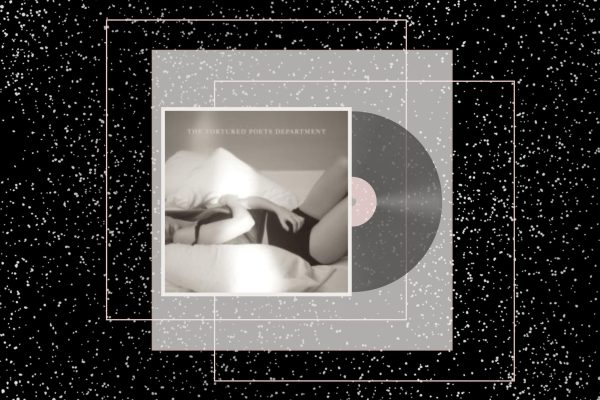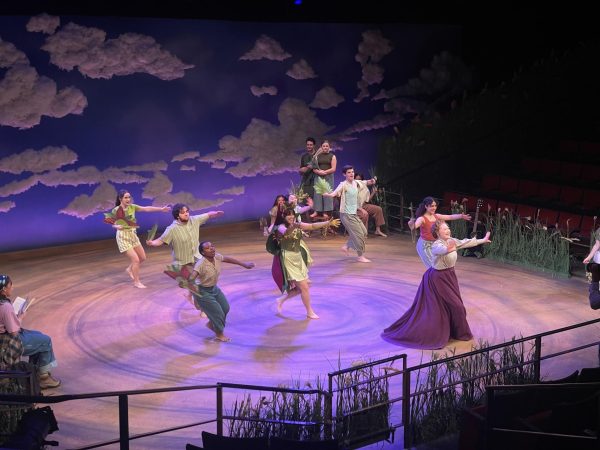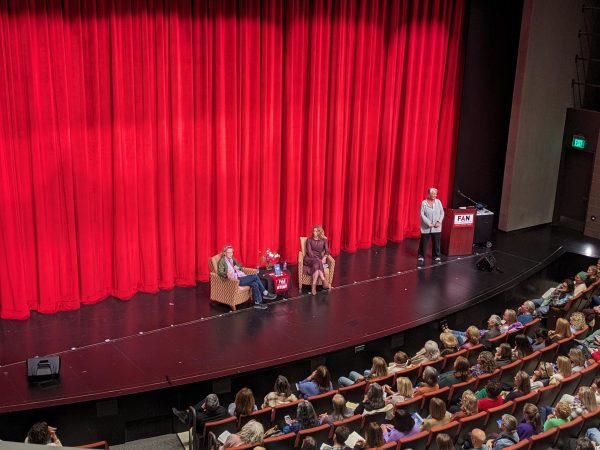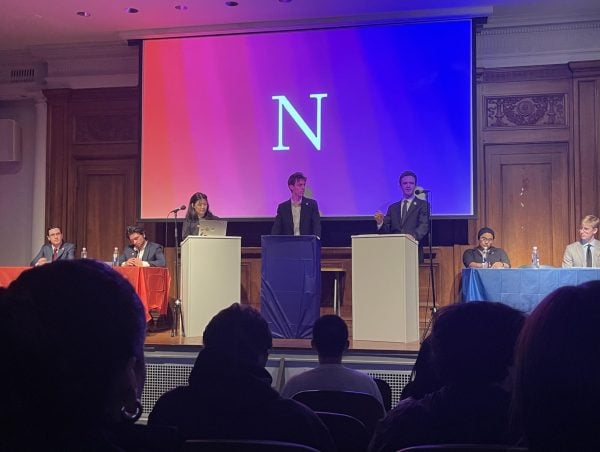Documentary “American Dendrite” explores connections between people and geography
Photo courtesy of Adam Marshall Present
This summer, NU students and recent alumni filmed the documentary “American Dendrite,” capturing different people and places.
Filming the documentary “American Dendrite” took director and producer Adam Marshall Present (Communication ʼ21) all the way to 4th of July celebrations in Baton Rouge, Louisiana. The stop was one part of a two-week journey exploring the course of water flowing from Chicago to the end of the Mississippi River.
A small crew of students and recent alumni joined Present, interviewing strangers along their journey. The crew assembled a snapshot of the country’s current climate and collective consciousness.
Present said the documentary’s interviewing format was like a game of telephone. Instead of questions, interviewees were guided by a single prompt: a clip of what the person before them said.
“(The format) created this river of thoughts … that matches the actual rivers that we were following,” Present said. “By putting those side by side, the goal was to see how geography affects human culture and how human culture affects geography.”
“American Dendrite,” which is now in post-production, was shot on old-school Super 8 film. Very few feature films are recorded entirely on this type of film, which is typically designed for home videos, Present said.
With each roll of Super 8, the crew could only film 150 seconds at a time. For two weeks, the crew shot at least 10 rolls a day, Communication senior and producer Caroline Bates said.
“It was really just us, this Super 8 camera and some really good sound mixers,” Bates said. “You can make a movie out of a minivan and you don’t need … all sorts of fancy stuff to tell a story.”
Present said the film’s graininess offered “American Dendrite” a timeless, adventurous quality. The documentary leans into the fact that not every image has to be pristine, he said.
For Communication sophomore and production assistant Jeff Snedegar, the film felt personal.
After growing up near Illinois’s Rock River, Snedegar said he feels connected to water and cherishes his memories of rowing up and down the river’s length.
“We met fishermen. We met people (whose) livelihoods are on the water. We met people who were just interested in boats or dams,” Snedegar said. “We had the shared experience of this love for the water.”
Sound Recordist and Field Producer Maya Reter (Medill ʼ22) said she cares deeply about rural America and the people who live there, since she grew up in a small town. Small towns are often overlooked, Reter said, which is why she sought to ensure these perspectives were heard.
“In the big 2016 election, they were called the silent majority. They’re called that for a reason. No one listens to them,” Reter said. “It was really important to stop in a lot of these small towns … to talk to folks because they’re not always used to getting their voices heard.”
Present said he hopes the film helps viewers break down their assumptions about what sets people apart.
Though the interviewees came from wildly different backgrounds, Present said the overarching themes developed naturally. From joyful stories to personal struggles and existential problems, interviewees explored a variety of topics, he said.
“We’re more alike than we are different,” Present said. “If we can learn from each other and try to understand each other, I think it can help bring us closer together and overcome these issues we’re facing right now.”
Correction: A previous version of this story misstated Adam Marshall Present’s last name. The Daily regrets the error.
Email: [email protected]
Twitter: @JessicaMa2025
Related Stories:
— Alum couple explores intercultural relationships in web series ‘Converting’
— Applause for a Cause produces full-length feature film ‘Undying’
— Hao Wu, director of “76 Days” documentary, talks creative process, inspiration
